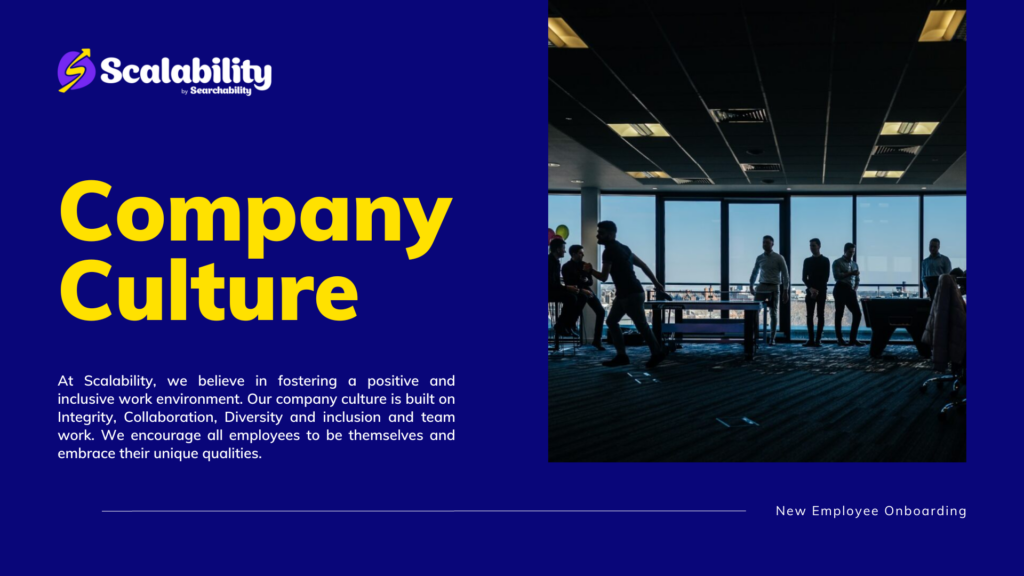
Whether it's due to rapid expansion, or a sudden surge in new projects, the need to bring in a large number of new hires quickly can be a challenge, particularly during the onboarding stage..
For a successful start, set clear expectations for new hires, including their roles, duties, goals, and how they'll get feedback. Use tools like job descriptions, checklists, and training materials. Ensure these fit with your company's culture and values, and explain their importance in the bigger picture. If you need any help defining your company culture and incorporating it into your hiring reach out to our partner Holler who can help.

First impressions matter, and this is especially true for new hires. A well-structured process sets the tone for a positive employee experience from day one. It helps new employees feel welcomed, informed, and valued, increasing the likelihood of their long-term commitment to your business. High-volume hiring often means that new hires must quickly become productive members of your team. Effective onboarding improves this transition, ensuring that employees understand their roles, responsibilities, and how they contribute to the organisation's goals.
Effective onboarding can improve employee retention by 82% - Glassdoor
Standardise Processes: Develop a standard onboarding process that can be adapted to accommodate high-volume hiring. Create a detailed onboarding checklist, including all necessary paperwork, training modules, and introductions to key team members.
Leverage Technology: 49% of HR professionals use onboarding software to help improve onboarding. Invest in HR technology and onboarding platforms that streamline the process. Automation can significantly reduce administrative tasks and ensure consistency across the onboarding journey.
Provide support & resources: Only 12% of employees believe their organisation does a good job of onboarding new hires. Consider setting dedicated onboarding coordinators or mentors who can provide customised support to new hires in high-volume scenarios. Coordinators can help ease the transition and give the newcomers a support system and a point of contact for questions and guidance. Encourage open communication and seek feedback from new hires about their onboarding experience. Use this input to improve the onboarding process continuously.

Capgemini is a great example of a company that has created a successful onboarding strategy. Last week they released their new Collaborative Engagement Onboarding Platform which provides new joiners and existing employees moving into new roles with personalised and easily customisable learning experiences that ensure they have the training they need to excel in their new role.
Employee turnover can cost an organisation 33% of an employee's annual salary - Work Institute
High turnover rates can be harmful to any business. A robust onboarding process can reduce this risk by ensuring new hires feel connected to your company culture and understand the growth opportunities.
You want your new hires for the long term. This includes providing them with ongoing support, resources, engagement, motivation, and feedback, and ensuring they have a clear career path and growth potential. You can use tools like performance reviews, career development plans, and succession planning to help them achieve their goals and aspirations. You can also create a culture of learning, innovation, and collaboration, where they can thrive and excel.
Regular Check-Ins: Schedule regular one-on-one check-ins with new hires during their initial months. This shows your commitment to their growth and well-being within the organisation.
Recognise and Reward: Acknowledge and reward the achievements of new hires. Whether through formal recognition programs or small gestures of appreciation, recognition can go a long way in boosting morale and retention.

In high-volume hiring scenarios, onboarding and retaining new hires may present unique challenges, but they are crucial for the long-term success of your company. A well-structured onboarding process, supported by technology and a focus on employee engagement, can significantly enhance your ability to fill positions and form a committed and motivated workforce. By following these best practices, you can turn high-volume hiring scenarios into opportunities for growth and success.
Are you planning to hire a high volume of employees in 2023/2024?
Get in touch with the Scalability team today - [email protected]